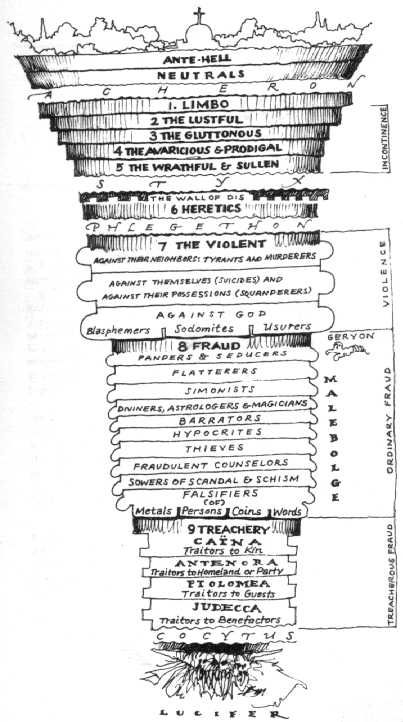My father once beat me in chess in just four moves, but I should back up a bit before telling that particular story–my father and I are nothing alike (or so I like to believe). If my hair falls just right after I get out of the shower I get a glimpse of him in the mirror. When this occurs I find a comb as quickly as possible. I’ll even use a brush, but every time I read Baron Wormser’s “January” I see reflections of both myself and my father, but these reflections I’m drawn to.
The nameless mechanic is in control of “an art (though he never / Used that curious word)” that is foreign to the narrator (5-6). Though I don’t always understand exactly what he’s repairing or how, I’ve seen my father work on enough snowmobiles and ATV’s and listen to their engines to diagnose their problems to know there’s a great deal more going on than just trial and error. He listens to engines in the way I aspire to listen to jazz and blues.
I’m sure at times that my father doesn’t know quite what to make of me. He’s always been (as long as I’ve known him anyway) to be a guy who works with his hands. I don’t think I’ve ever seen him read anything other than a newspaper and Uncle Henry’s. He’s a man, so directions to almost anything that holds less than 4,000 moving parts serve no purpose for him whatsoever. I often feel “so stupid about valves and intakes” around him that I’m sure his reaction to me is similar to the reaction the mechanic has to the narrator (19). Though I’m a teacher, my courses did little to distinguish me in any meaningful way from an English major, which means I read books and a lot of them throughout college. I don’t think he regards me dismissively as “some religious type” the way the narrator believes he is judged, but I’m quite sure my father knows he and I exist in two very different worlds (20).

It is this separation that interests me most about this poem and it is created by the inclusion of the fluent and academic diction the narrator uses and its juxtaposition with the small and ordinary words that the mechanic uses. Words like “misanthropic” (4), “indifference” (34), “beckoned” (38), and “servitude” (40) contrast so starkly with the words the mechanic uses. “Shoulda” (11) and “damn” (15) aren’t the sort of words the narrator would use and they work to demonstrate how far apart these two men are. This distance, I believe, is felt both ways. While the narrator doesn’t appear to look down on the mechanic–how can he, since he has all the practical knowledge needed on a cold January morning?–there is a definite awareness that the mechanic wouldn’t understand that his approach to machines (even the way he tries to start the vehicle) appears as an “art” (5). At the same time, the mechanic draws a line in the sand. The vehicle, the machine is “‘sensible’” in the eyes of the mechanic (18). It operates (or doesn’t) in predictable ways. I can almost hear my father chastising me for not treating my car correctly at age 18. I’d be cursing its lack of performance and he’d be defending the machine. It was infuriating. Of course it doesn’t work right. You don’t take care of it. It only does what you let it do. And when was the last time you washed it?
In our poem it is clear that the battery was neglected. The mechanic however doesn’t appear to chastise our narrator. Instead, he just points out the obvious. It would appear to be an attempt to school him. The man has been around machines his entire life working “in every damn sort / Of damn factory” (15-16). My father has too and he also can’t help but point things out. When I was born he was a toe laster. It is printed as his occupation on my birth certificate. Working in a shoe factory is hard work. He’s worked textiles and milling and many of those years he maintained the machinery. I didn’t see him a lot between my parent’s divorce and the fact that he often worked third shift. When I visited his house I’d often only see him for a few hours (especially when I was younger).
He did leave an impression though. My father has these big fat mechanic’s fingers and palms the size of a bear cub’s mitt. Over the years his hands have been dyed black with grease and oil. Those fancy lava soaps with pumice formulas could never get it out of the creases and fissures and calluses of his paws. At 16 I was a pretty smart kid. I generally earned A’s. I was well-read for my age. I spent a lot of time creating and winning intellectual arguments. I even played some chess from time to time, so when I got a chess board for Christmas I thought I’d show off. I opened really weakly figuring that whatever my pot-bellied, chain-smoking, G.E.D.-earning father would do–whatever pieces he would take–I’d be able to recover. I forgot my father was on the chess team in high school. He beat me in four moves. It’s called hubris.
If nothing else reading Baron Wormser’s “January” always reminds me that there are many types of necessary intelligence in the world and that I don’t possess them all.
Featured Image: “chess” by shoobydooby is licensed under CC BY 2.0.










